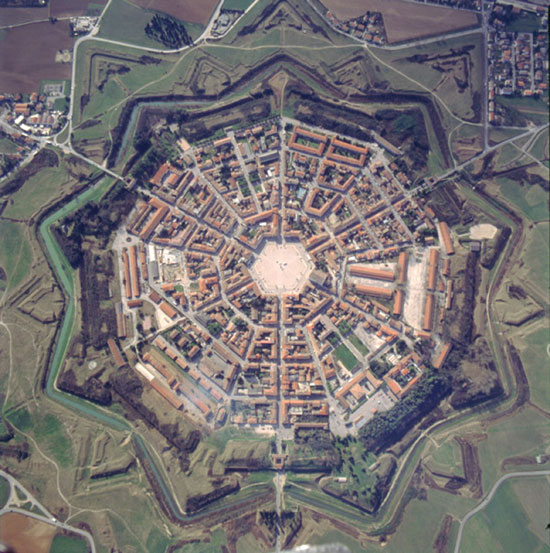I do not think it is entirely fair to argue, as someone did in a comment on Global Voices Online, that "when hundreds of civilians are dying as a result of the “surgical” attacks of Israel there is no excuse. These are war crimes." The following editorial cartoon presented an entirely probable, and possibly more accurate, version of why surgical strikes in Gaza are still creating collateral damage:
 Both sides are, in their quest of security, doing things that could, conceivably, be war crimes, because they do not see viable alternatives.
Both sides are, in their quest of security, doing things that could, conceivably, be war crimes, because they do not see viable alternatives.It is, really, an unfortunate conflict born of misunderstanding and block-headedness. In this light, it is utter nonsense to talk of the purity of arms. What purity can be associated with arms which are tainted with blood shed out of incomprehension, miscommunication, prejudice?
On the ground, however, slightly different realities prevail. Not every Israeli soldier or Palestinian is equally unwillingly to talk to the other side; some, perhaps many, are open-minded and intelligent enough to see that compromise and accommodation is the best possible endgame for both sides. But the conflict perpetuates itself: by creating dynamics that reinforce mistrust, it persuades even open-minded and intelligent people of the necessity of fighting for their lives and dignity. For a combattant who genuinely believes s/he is defending something worthy, against genuine enemies, the notion of purity of arms may be more than just a meaningless chimera.
But what is genuinely worth defending means different things to different people---no Palestinian would agree to defend Israel's right to continue to occupy the West Bank---and who on earth is a genuine enemy? Maybe the IDF soldier is a genuine enemy to the Palestinian suicide bomber, because s/he is an occupier of Palestinian land---but the converse holds as well. There can be no meaning, beyond the entirely subjective, assigned to the part of Purity of Arms that involves the justness of the cause, and "Loyalty to Country" probably encapsulates what the IDF wanted to say in this regard, more clearly and much more frankly.
What about the part that involves humanity in means? This might have some meaning, but it can only ever be an ideal to strive towards, not something that can be achieved, because war is an inherently nasty business. No matter how surgical your strikes are, there is, as the recent balance of evidence goes to show, bound to be some collateral damage, especially if your opponent is hiding amongst civilians. No matter whom you kill---innocent old man, footsoldier, terrorist mastermind---you would have ended the life of a breathing, thinking, feeling human being, who probably had a family who cared for him/her. Any way you look at it, there will still be blood on your hands. And no matter whose blood that is, and how tainted you say it is, it will detract from the supposed purity of your arms.
But of course, ideals serve their purpose too, as reminders of what should be. The situation in Israel and the Palestinean territories could be better; but it could have been worse, without the voices of reason of which Tohar HaNeshek is a part.




